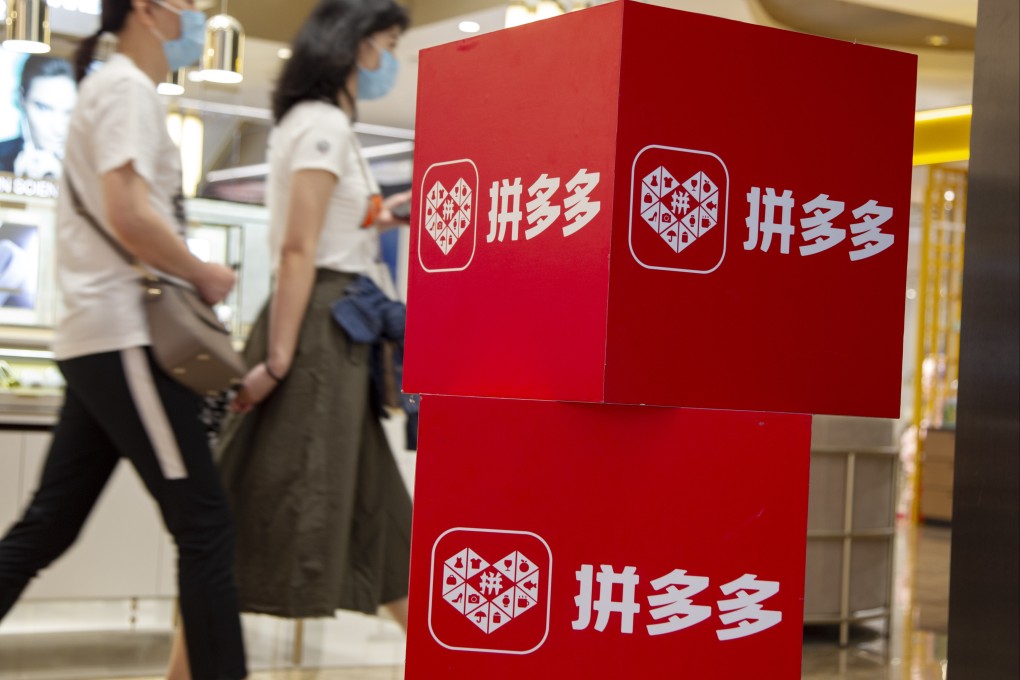China’s budget-focused Pinduoduo launches Shein-style app to woo US consumers with cheap fast fashion
- Pinduoduo has a new app called Temu targeting US consumers, featuring cheap apparel like 77-cent earrings and a US$4 dress
- The Shanghai-based company beat expectations in the second quarter amid weakening consumer spending in China, as it seeks to expand overseas

Shanghai-based e-commerce company Pinduoduo, which surprised investors this week with strong second-quarter performance, has launched a Shein-style app to woo US consumers with offerings such as earrings that cost just 77 US cents or a US$3.76 dress.
Registration information for a Chinese website inviting merchants to sign up as vendors on Temu also shows the site as owned by Pinduoduo. The company did not respond to requests for comment.
The Nasdaq-listed firm joins Chinese rival Shein by bringing made-in-China apparel directly to US consumers. It has even matched Shein’s free shipping for orders of US$49 or more.
Its revenue jumped 36 per cent for the quarter, while profit skyrocketed by 268 per cent. Alibaba barely reported any revenue growth, and JD.com, China’s second largest e-commerce company, reported 5.4 per cent revenue growth in the same period.
“If you look at other e-commerce companies such as Alibaba and JD.com, their performance was [affected], as the economic environment is not good,” said Tsz Wang Tam, a Hong Kong-based equity analyst at DBS Bank. “But Pinduoduo is special. It maintained strong growth amid the macro environment.”